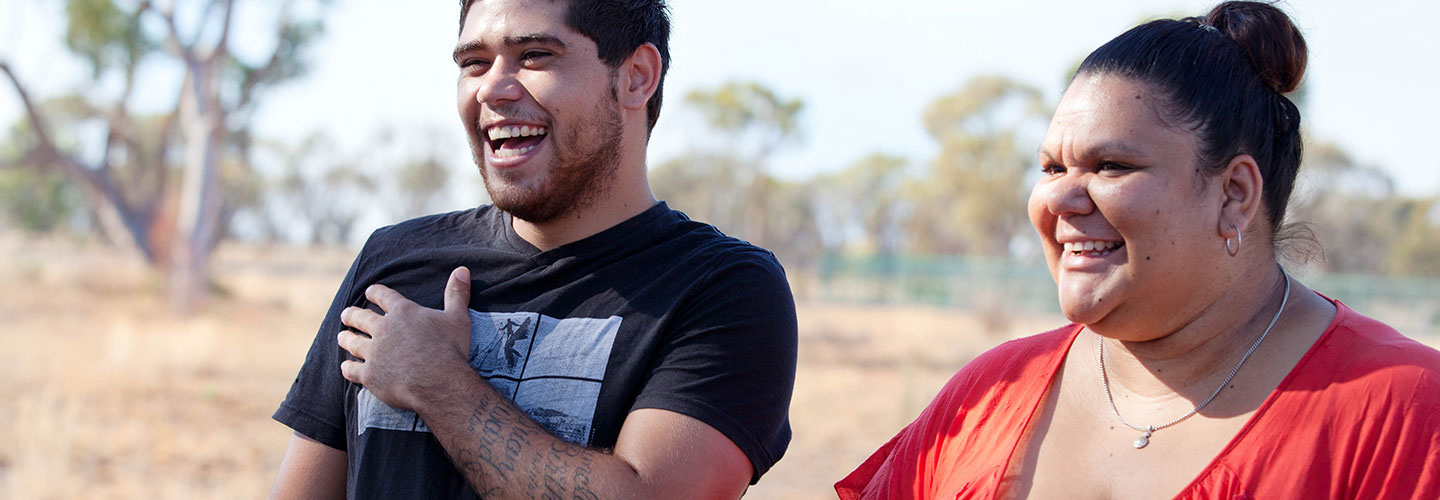Find clinics and doctors in NSW
Find local clinics and specialists in NSW who can help you with Hepatitis treatment and care.
Find Help

If you think you may have hep B, the only way to know for sure is to get tested. Hep B is not a routine testing procedure and unless you ask for it, the check-ups you do with your family doctor will not include it. If you want to know your hep B status, ask your doctor for a hep B test.
About 1 in 100 people in NSW have hepatitis B. Almost half of those aren’t diagnosed yet.
You may wish to get tested for hep B if you:
Testing is recommended for people born in China, Korea, Vietnam, the Philippines, the Pacific Islands, other countries in the Middle East, Amazon Basin, South and Central Asia (India, Pakistan and the former Soviet Republics), the Asia Pacific region, some African countries, and for Aboriginal and Torres Strait Islander people.
If you believe you might have hep B it is very important that you book a test with your doctor as soon as possible.
Click here to check out the current hep B awareness campaign >>
The only way to know if you have hep B is by getting a blood test. You can’t tell if you have hep B by symptoms, looks, history, country of birth, or the hep B status of others around you.
Many people with hep B don’t have any noticeable symptoms, either.
Hep B can be very complex and not every doctor has a good understanding of it. You can check our directory for a hep B specialist doctor or use our resources to help you and your doctor through hep B testing.
Your doctor might ask you about your family history of hep B or liver disease, where you were born, and any other possible exposures to hep B such as unprotected sex or injecting drug use.
You can tell your doctor as much or as little as you feel comfortable with. More information can help your doctor make the best decisions for your health, but what you share with them is up to you.
You might be able to access healthcare via your computer or phone. Click here to learn more about Telehealth and Hep B >>
There are 3 hep B tests called HBsAg, anti-HBs, and anti-HBc. You should make sure your doctor does all three hep B tests. Our hep B testing chart can explain each test and help you to make sure your doctor does all the tests you need.
These three tests tell you if you have hep B, if you are protected against hep B (such as from a vaccination), and if you have ever come into contact with hep B. Getting all three tests is important to help you and our doctor understand your hep B status.
A hepatitis B test (to see if you have hep B or check for immunity) can involve lots of different words that are hard to understand, including HBsAg positive, hepatitis B surface antibody, hepatitis B surface antigen and anti-HBs reactive.
Most of these words are explained in the following charts:
For more detailed information about hep B testing, please consult your doctor. You can also contact our Hepatitis Infoline for confidential support.
For more information, speak to your doctor.
Find local clinics and specialists in NSW who can help you with Hepatitis treatment and care.
Find Help